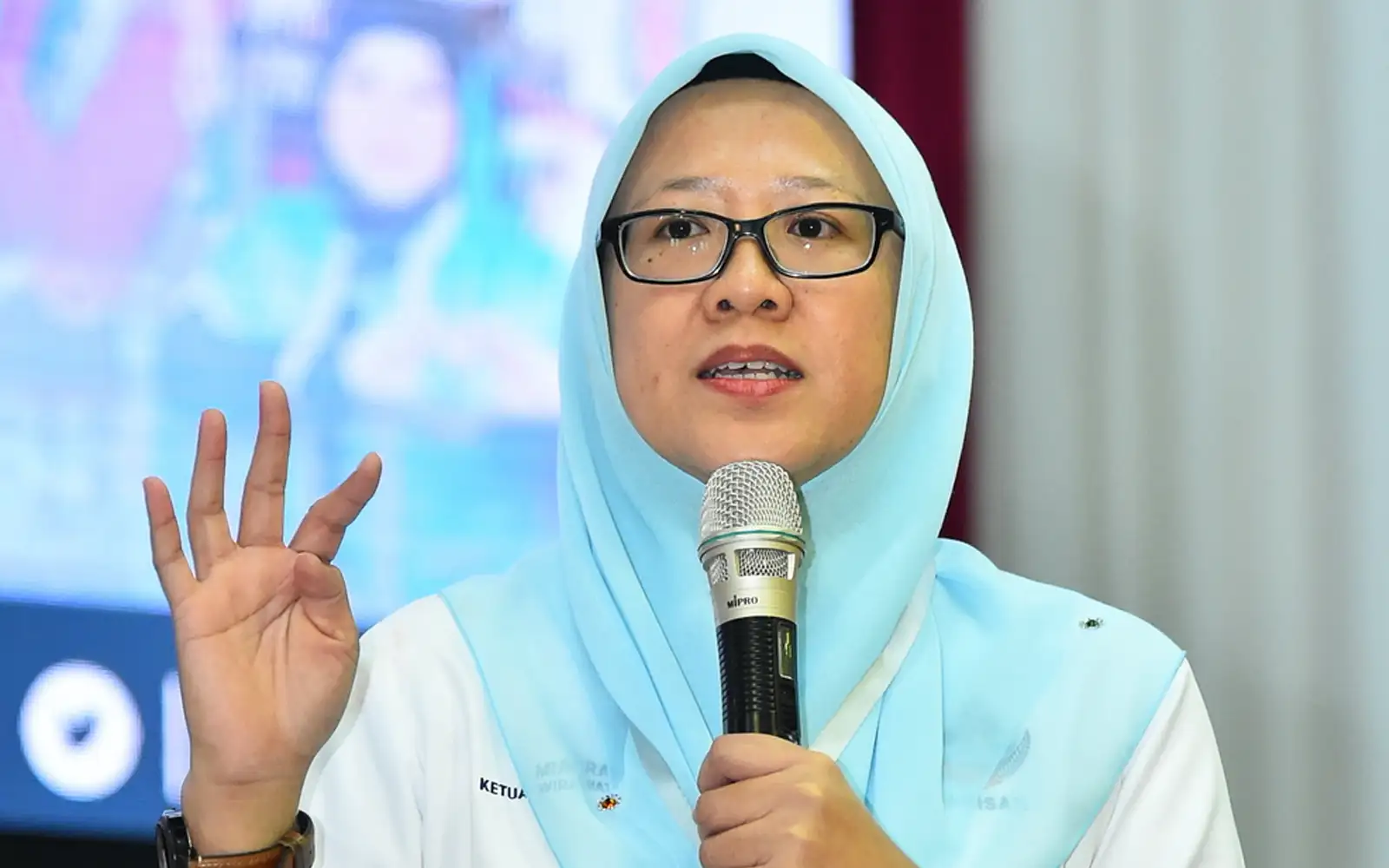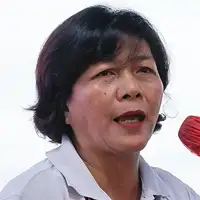
PETALING JAYA: Along with raising the quantum of allocation, a more holistic approach to eradicating hardcore poverty in Sabah and Sarawak is essential, according to a Sabah MP and an assemblyman.
Kapayan assemblyman Jannie Lasimbang said that apart from low income, access to primary healthcare and education is also inadequate in the two states.
Jannie said that while matters such as infrastructure have been discussed at length, the other aspects of poverty have consistently been ignored.
She said a more effective way to address poverty is to hand over control of the administration of aid programmes to the respective state governments.

This, she told FMT, will be more holistic.
Warisan MP Isnaraissah Munirah Majilis said the federal government should increase the annual allocation for development to Sabah and Sarawak if it is serious about eradicating poverty in the two states.
“It is time for Sabah and Sarawak to be allocated at least a third of the funds for development,” she told FMT.
“The government must be prepared to make a significant transformation,” she added.
Isnaraissah and Jannie were commenting on economy minister Rafizi Ramli’s statement at the Dewan Rakyat on March 14 that 1.2% of the population of Sabah experience hardcore poverty compared with the national rate of 0.2%.
Isnaraissah pointed out that poverty is a more complex and challenging problem in Sabah compared with Peninsular Malaysia given that many in the underprivileged group are still not covered by the existing assistance programme.
“The inadequacy in Sabah encompasses nearly all dimensions, such as education, health, housing and basic needs,” she said.
“The gap (with the peninsula) is widening and the government needs to take all these factors into account (in any plan) to reduce poverty in Sabah,” she added.
Isnaraissah said that the government’s most crucial priority is fast-tracking the state’s basic infrastructure projects.
“No matter how good the government’s initiatives and programmes are, they are meaningless if basic necessities like water supply, electricity, roads and internet access remain dysfunctional,” she said.
She said all parties should be involved in any effort to meet those challenges.
“It’s not just the state government’s (purview). All opposition members of the state assembly should also be involved from the early stages to the final level,” she added.
Both elected representatives also criticised Rafizi for what they claimed are inadequacies in the collection of personal details for the Central Data Hub (Padu).
Isnaraissah pointed out that in identifying those who are eligible for assistance, the federal government must be aware that poverty is not just about income.
Jannie said many individuals still have doubts about the Padu system and that raises questions about its effectiveness.
“Questions relating to income and assets might deter people from divulging their data,” she said.
“Additionally, reaching very poor and rural areas solely through online registration is difficult. This makes face-to-face registration necessary,” she added. - FMT



No comments:
Post a Comment
Note: Only a member of this blog may post a comment.